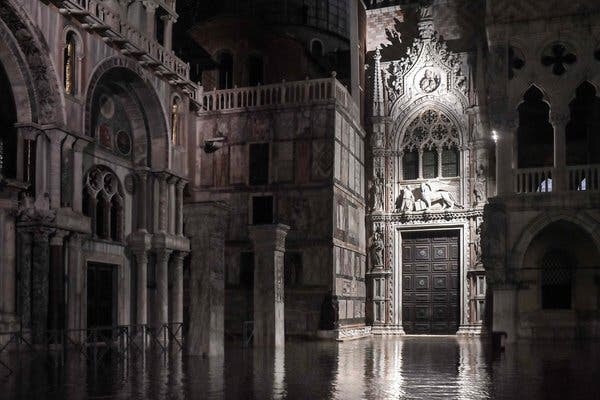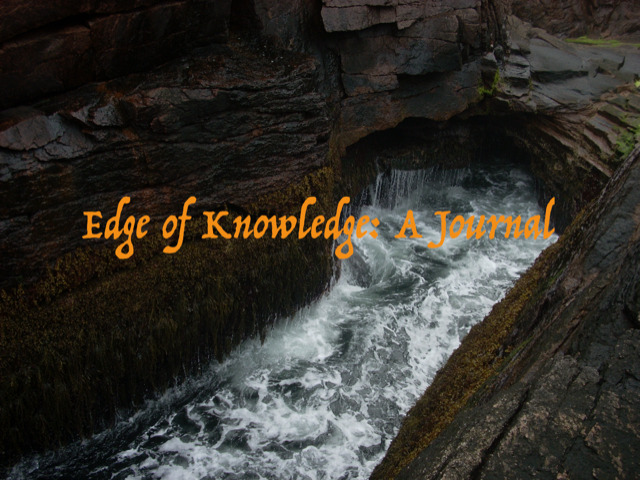
This is especially so during times of heightened uncertainty such as the world is now experiencing, when authoritarians can even more easily position themselves as the strong and capable captain needed to steer the ship of state through the fog. There are now at least five major concerns in the world that are available to wannabe dictators to fuel the anxiety and which lend themselves to being associated with particular objects of fear: the economic consequences of globalization, global climate change, jihadist terrorism, large numbers of people migrating from the developing world and the Covid-19 pandemic. There may soon be others.
While ontological anxiety is always present, it remains mostly in the background of the human condition. It becomes more obvious and more available to be manipulated during times of social, political and economic turmoil, when the larger order of things appears to be breaking down. William Butler Yeats (1865-1939) captured this sense of a world unravelling most famously in his poem “The Second Coming”.
Turning and turning in the widening gyre
The falcon cannot hear the falconer;
Things fall apart; the centre cannot hold;
Mere anarchy is loosed upon the world,
The blood-dimmed tide is loosed, and everywhere
The ceremony of innocence is drowned;
The best lack all conviction, while the worst
Are full of passionate intensity.
Though this poem was written in 1919, one can hear its reverberations in today’s endless rounds of TV interviews and press conferences, which are often filled with a lack of all conviction as well as a passionate intensity that tries to drown it out. And significantly, Yeats contextualizes the anxiety in terms of the unfolding of huge cyclical historical patterns. What we are experiencing today may well be the fulfillment of what he already envisioned a century ago and which is most memorably captured in the last two lines of the poem’s final stanza.







